Beim Regierungspräsidium Stuttgart, Abt. 8 – Landesamt für Denkmalpflege – ist im Referat 84.1 – Zentrale Dienste und Denkmalforschung – baldmöglichst eine bis zum 29.02.2028 befristete Projektmitarbeitersteller im Forschungsdatenkonsortium NFDI4Objects in Vollzeit zu besetzen. Dienstort ist Esslingen.
Die Aufgaben umfassen
- Mitarbeit bei der Entwicklung und Umsetzung eines nachhaltigen und bedarfsorientierten Archivierungs- und Erschließungskonzepts für digitale Grabungsdaten
- Mitentwicklung und Implementierung von Metadaten-Standards mit dem Ziel der Homogenisierung von Primärdaten und deren Interoperabilität
- Postprocessing vorhandener, jedoch nur eingeschränkt archivfähiger digitaler und analoger Dokumentationsdaten
- Enge Zusammenarbeit mit den Projektpartnern in NFDI4Objects
- Mitarbeit in der Arbeitsgruppe „Digitale Grabungsdokumentation“ des LAD und Mitwirkung an der Weiterentwicklung der bestehenden Tools zur digitalen Dokumentation archäologischer Maßnahmen.
- Verfassen von Arbeitsberichten, Guidelines und Helpdeskbeiträgen
- Fachlich-praktischer Austausch mit Anwendern, Datenerzeugern- und -nutzern im denkmalpflegerischen und universitären Bereich und Beteiligung der Community
- Vertretung der Task Area 1 – Documentation bei Konsortialveranstaltungen
Die Beschäftigung richtet sich nach dem Tarifvertrag für den öffentlichen Dienst der Länder (TV-L). Die Vergütung erfolgt bei Vorliegen aller persönlichen und tarifrechtlichen Voraussetzungen in Entgeltgruppe 13 TV-L.
Die volle Ausschreibung kann online hier eingesehen werden. Für Rückfragen stehen Ihnen gerne Herr Mühleisen, Tel. 0711 904-11237, oder bei Fragen zum Aufgabengebiet Herr Prof. Dr. Krausse, Tel. 0711 904-45501, zur Verfügung.
Bitte bewerben Sie sich unter der Angabe der Kennziffer 23199 bis spätestens 20.09.2023 ausschließlich über das Online-Bewerbungsverfahren im Online-Bewerbungsportal. Bewerbungen per E-Mail oder in Papierform können leider nicht berücksichtigt werden.

